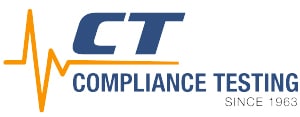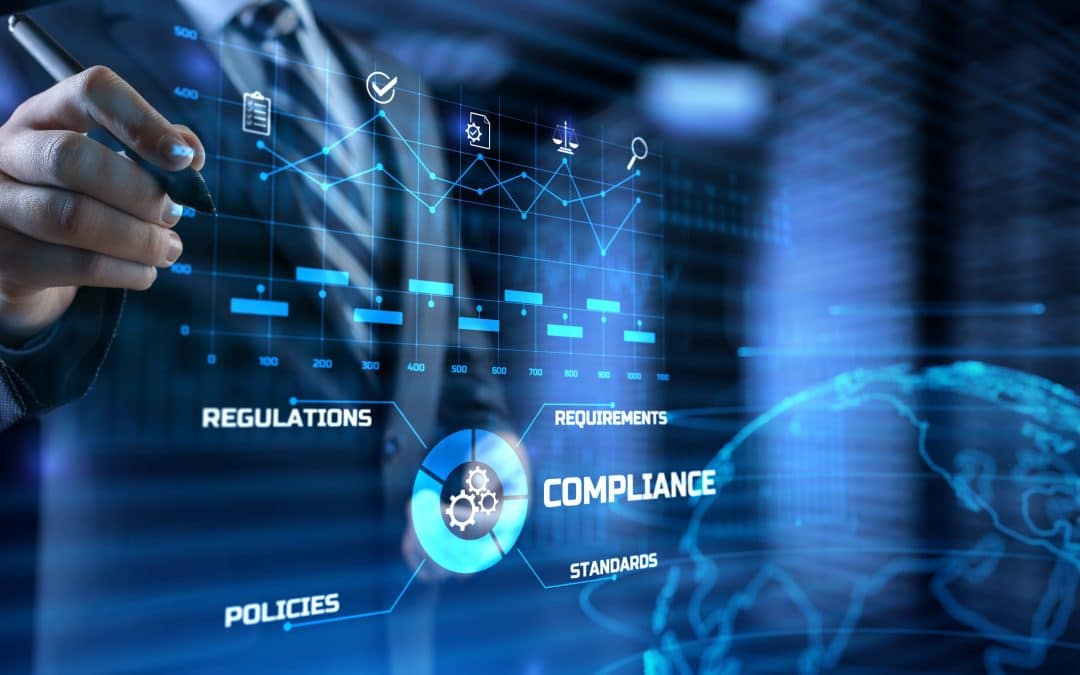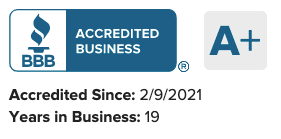Need help complying with FCC regulations? Schedule a free consultation with our team to discuss FCC testing and achieving compliance for your product, or call us on 866-540-5287 to talk to our compliance experts right away.
Get Free Answers to Your FCC Compliance Questions
Need help achieving compliance with FCC Part 15 or other FCC regulations?
Enter your name, email address and question, and our engineering team will contact you with the information you need to solve your FCC testing questions and achieve compliance for your product.
The Federal Communications Commission, or FCC, is a government agency tasked with monitoring and regulating communications made both within the U.S. and abroad. Part of the U.S. government, the FCC oversees all aspects of any communication technology including production standards, market requirements and the protection of intellectual property.
What Exactly Is The FCC Responsible For?
Established in 1934, the FCC now includes newer technologies such as satellite and internet communication across all 50 states and U.S. territories. The agency also oversees company mergers to promote stability and reduce monopolies within the communications industry. By allowing for competition in the sector, advancements in communication technology come at a more rapid pace as companies look for ways to shake up the market.
The FCC’s involvement in emerging communication technologies has connected the agency closely to stock market values among publicly traded tech companies. Foreseeing this, the FCC forbids any of its commissioners to invest in companies that fall under the agency’s regulations to avoid a conflict of interest.
Companies regulated by the FCC have to adhere to a set of manufacturing standards for any communication device regardless of the device’s range. Broadcast companies have a separate set of standards to follow regarding decency within the media they air. Any violations of these standards is typically met with product recalls and FCC fines that can be as high as millions of dollars.
Why Was the FCC Initially Founded?
The initial scope of the FCC in 1934 consisted only of wire and radio communication at both the interstate and international level. Currently this scope has expanded significantly to include television, satellite, broadband and wireless communications which now all fall under implemented FCC guidelines.
Part of the FCC’s duty is the enforcement of the regulations they’ve established. While other government agencies often split regulation creation and enforcement, the commision has its own internal enforcement bureau to handle investigations. The final judgment on violations are decided after the investigation and can negatively impact the responsible company.
As a third party, the FCC serves the interests of both consumers and corporations through consistency standards across products, uniform access to information and the promotion of a competitive communications sector. At the end of the day, the FCC reports directly to the U.S. government even though it operates as its own independent agency. The FCC chairperson and commissioners are chosen by the President and approved by the Senate before serving a five year term on the board.
Be Prepared for FCC Regulations
Nearly every electronic device uses some form of wireless communication as part of its internal processes or integration with existing products. Due to the frequent changes and updates to FCC regulations, it can be difficult to ensure that your designs check the necessary boxes.
Compliance Testing has over 50 years of experience in helping bring new products to the market through professional lab and remote testing. From personal communication devices to data networks that span thousands of miles, Compliance Testing is equipped to handle any scope of product. Reach out to our team today to learn more about applicable regulations or to schedule a free risk assessment.




